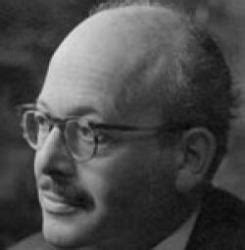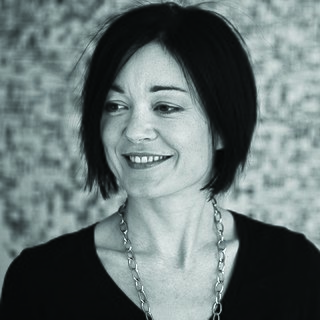A Quote by Geoffrey Elton
If historians are not skeptical, they are nothing.
Quote Topics
Related Quotes
Everyone is skeptical. Only the media are not skeptical, but, then, they were also not skeptical when the administration put out the line that coordinated embassy attacks around the globe on the anniversary of 9/11 were just rowdy movie reviews. Numbers on a TV screen won't prevent millions of Americans from noticing that they're unemployed.
Most academic historians accept that historians' own circumstances demand that they tell the story in a particular way, of course. While people wring their hands about 'revisionist' historians; on some level, the correction and amplification of various parts of the past is not 'revisionism' as it is simply the process of any historical writing.
What is called for is an exquisite balance between two conflicting needs: the most skeptical scrutiny of all hypotheses that are served up to us and at the same time a great openness to new ideas. If you are only skeptical, then no new ideas make it through to you. On the other hand, if you are open to the point of gullibility and have not an ounce of skeptical sense in you, then you cannot distinguish useful ideas from the worthless ones.
There are only two things one has to bear in mind. One has to be credulous - able to believe - and skeptical - able to not believe, because if you are not skeptical, you will believe rubbish. If you are not credulous you will learn nothing and the only way to balance those two is to recognize the mystery of things.







































